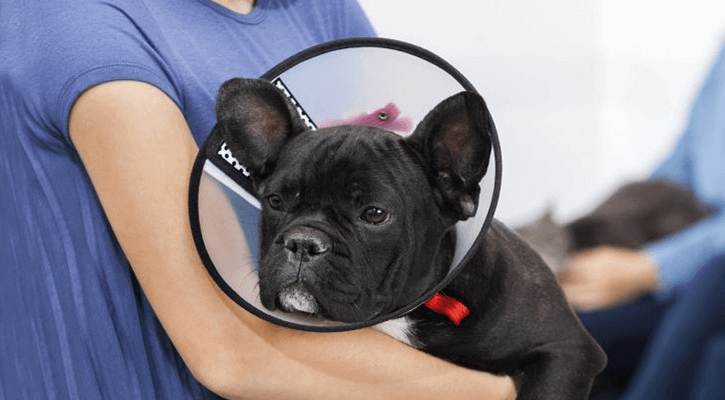
Spay & Neuter
We are passionate about reducing pet overpopulation and promoting the health benefits that spaying and neutering offer when performed at the appropriate age.
Surgery Requirements
To ensure the safety and well-being of your pet, all spay and neuter procedures require:
- A recent exam by one of our veterinarians.
- Pre-anesthetic bloodwork.
While spaying and neutering are routine procedures, they still involve anesthesia. These precautions help us evaluate your pet’s overall health, identify any underlying issues with the liver or kidneys, and adjust sedation and anesthesia protocols if needed. Our goal is to provide a safe and smooth surgical experience for every pet.
To schedule your pet’s pre-op exam and bloodwork, please call us at (512) 690-4124.
Spaying
Spaying is a common surgical procedure performed on female cats and dogs. The process is called an ovariohysterectomy and involves removing the patient’s uterus, ovaries, and fallopian tubes, rendering the animal incapable of reproduction. New Hope Animal Hospital veterinarians recommend spaying your pet at 3-6 months, depending on your dog’s breed and ideally before the patient’s first heat. We offer the laparoscopic spay for large breed patients over 20lbs.
Benefits:
- Prevents unwanted pregnancies
- Eliminates the risk of ovarian and uterine tumors
- Remove the possibility of uterine infections
What to expect after surgery
Spaying is a major surgery requiring 7-10 days of recovery time. Recovery may also include pain medication and lethargy is common for the first couple of days following the procedure. A small, green tattoo is applied post-surgery that signifies that the animal is spayed should she ever get lost or taken to a shelter.
Neutering
Neutering is performed on male cats and dogs. This process castrates the animal, removing their testicles and making them unable to impregnate females. Neutering is advised when your pet is 4-6 months old but can be performed on older animals as well.
Benefits
- Placates the animal, reducing aggressive behavior and decreasing dominant tendencies
- Reduces roaming and spraying (territory marking)
- Eliminates the risk of testicular and prostate tumors
What to expect after surgery
Although less invasive than spaying, neutering is still a major medical procedure that requires some recovery time. Recovery may also include pain medication and lethargy is common for the first couple of days following the procedure. It’s extremely important that you monitor your pet to prevent the animal from licking or biting the incision to reduce the risk of infection.
Contact New Hope Animal Hospital
To learn more about spaying and neutering, or to schedule an appointment, contact us at (512) 690-4124.
